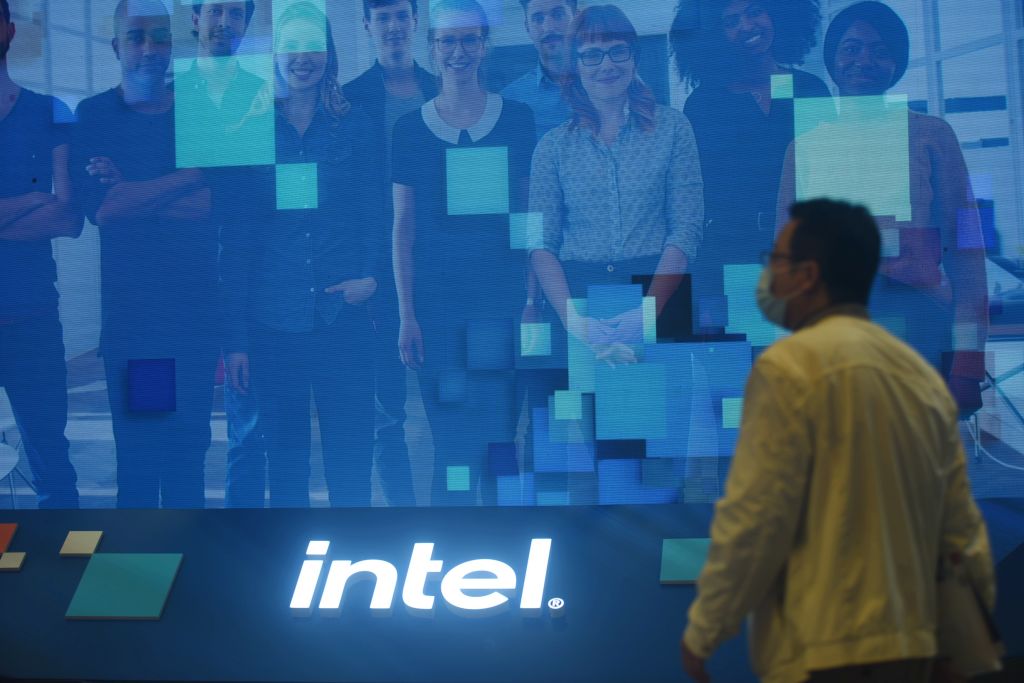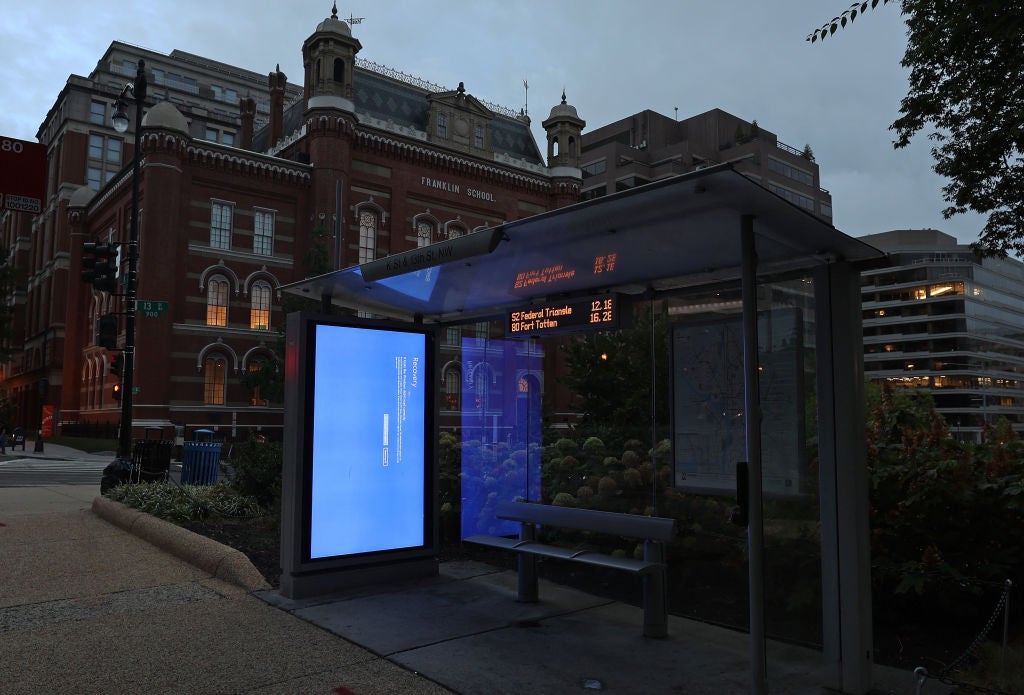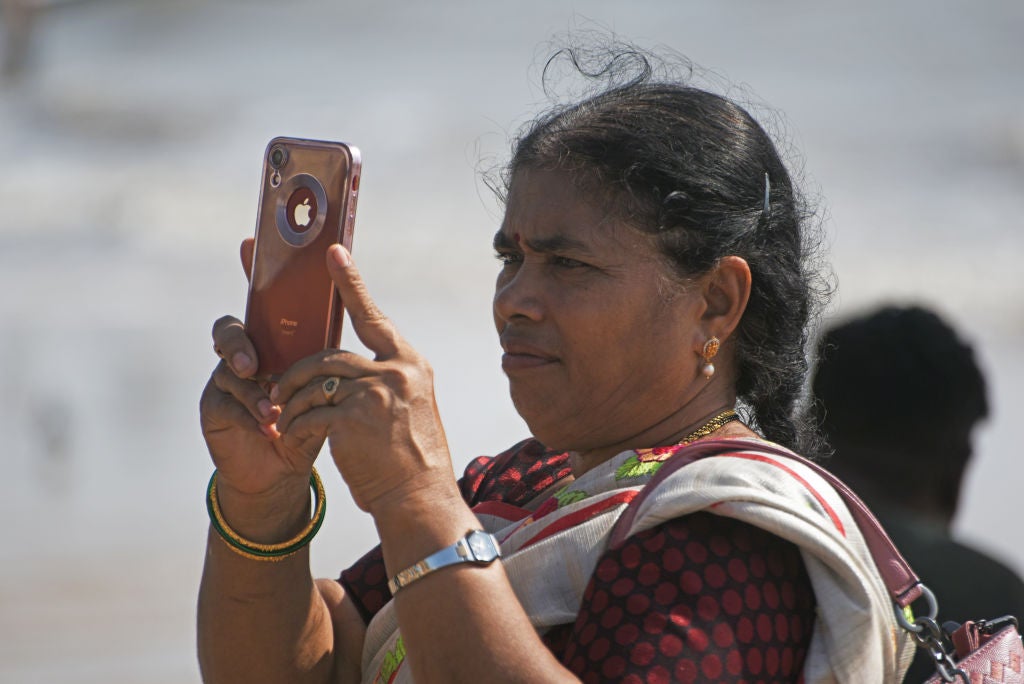
Chip colossus Intel has deleted references to Xinjiang from a controversial annual letter it had sent to suppliers. The company has been facing a backlash in China for asking suppliers to avoid the sanctions-hit region of the country.
The offending lines in the letter said the Santa Clara, California-headquartered chip maker had been “required to ensure that its supply chain does not use any labour or source goods or services from the Xinjiang region” to comply with restrictions imposed by “multiple governments”. On Tuesday the paragraph in question was no longer to be found on the same page of Intel’s website, along with any other references to Xinjiang.
The company had initially apologised before Christmas to its “respected Chinese customers” for giving the impression that it corporately believes the Chinese state may be guilty of human rights abuses against Uyghur Muslims in the western province of Xinjiang.
This week’s amendments to the letter suggest an apology wasn’t enough to quell growing backlash.
The US government and others have censured China for its persecution of Uyghurs in Xinjiang, which is said to have included the disappearance of huge numbers of people into extrajudicial “re-education” camps and slave labour.
The letter to suppliers was published on Intel’s website in several languages and sparked criticism on China’s state and social media. Many in China called for a boycott of the US chipmaker.
How well do you really know your competitors?
Access the most comprehensive Company Profiles on the market, powered by GlobalData. Save hours of research. Gain competitive edge.

Thank you!
Your download email will arrive shortly
Not ready to buy yet? Download a free sample
We are confident about the unique quality of our Company Profiles. However, we want you to make the most beneficial decision for your business, so we offer a free sample that you can download by submitting the below form
By GlobalDataThe Global Times, a Chinese tabloid and mouthpiece of the Communist Party, called Intel’s statement “absurd”. In an editorial piece, the paper wrote:
“China does not have to take too seriously the calculation of interests between Intel and politicians in Washington. This is their business. Just let them get entangled. The most important point that the incident reminds us of is that we must speed up the process of producing home-made chips in China. An important reason why Intel dares to offend China over the Xinjiang-related affairs is that it holds the monopoly of the global chip market.”
On Weibo, China’s equivalent of Twitter, singer Karry Wang said that he would immediately terminate his contract as brand ambassador for Intel, saying that “national interests exceed everything.”
Following the backlash, Intel posted a letter of apology on its Weibo and WeChat accounts on December 23, saying, “we apologise for the trouble caused to our respected Chinese customers, partners and the public.”
The company also insisted that its commitment to avoid products and labour from Xinjiang was an expression of compliance with US law rather than an internal position held by the company.
“We thank everyone for their doubts and concerns and respect the sensitivity of this issue in China. As a multinational company, we are exposed to a constantly changing and complex global environment. We should respond and deal with it with a cautious attitude,” Intel wrote in its letter.
“We hold a firm and continuous commitment to our business partners, customers, employees and the public in China,” it added.
However, many Chinese consumers did not buy Intel’s apology, claiming that it was insincere. On the same day of the apology, the hashtag “is Intel’s apology sincere?” was trending on Weibo.
Zhao Lijian, a spokesperson for China’s Ministry of Foreign Affairs, addressed the matter in a press conference, insisting that repeated claims about forced labour in Xinjiang “are completely fabricated by the US and anti-China forces with the purpose of smearing China’s image, undermining the stability in Xinjiang and deterring China’s development.”
“The people in Xinjiang are hardworking and brave. Xinjiang’s products are of high quality. If individual companies choose not to use them, it will be their loss,” Zhao added.
Recently, 43 countries, including the US and most European nations, signed a joint report condemning China’s treatment of the mostly Muslim Uyghurs in the western Xinjiang province. The statement particularly points out the concern at “credible-based reports” of the existence of “re-education camps” in the region.
More and more international brands have found themselves caught in the crossfire between the West and China over human rights abuses in Xinjiang.
After publicly speaking out about the issue, brands such as H&M, NIKE, Burberry, adidas, Converse, among others, were boycotted in China. Yet simultaneously, these companies have also been criticised for capitulating to Beijing’s demands.
Intel, the latest multinational caught up in the dispute, is now finding that navigating the increasingly opposed consumer bases has become a challenging endeavour for businesses. With ESG becoming a core principle to western firms, operating in China becomes an issue of weighing one’s options, say GlobalData analyst Emilio Campa.
“You’d need a very good PR person. Maybe that’s what I would recommend, really good PR,” he added. https://www.youtube.com/embed/mlA9ck54vl4






